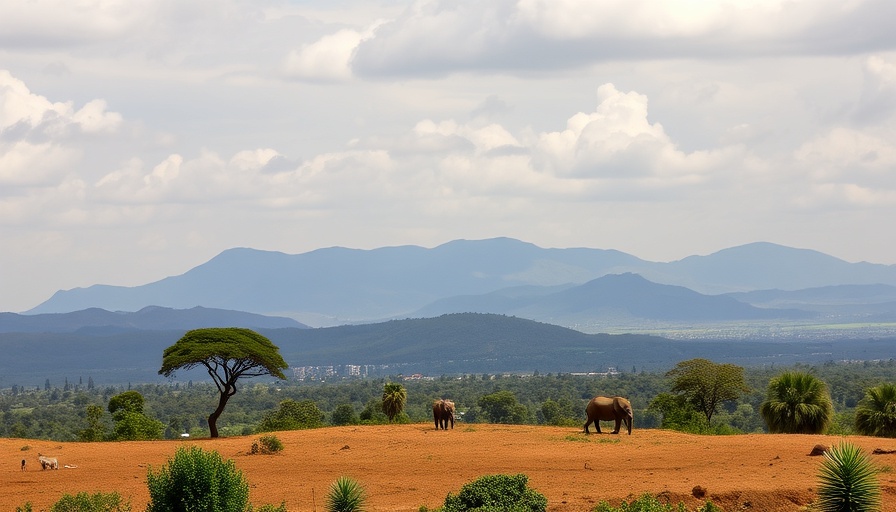
Unpacking Africa's Strategic Moves in Global Trade
Africa's role in the global economy is increasingly coming under the microscope as countries base their interactions and negotiations on mutual interests rather than historical ties. In recent years, governments across the continent have been keenly aware of their positioning in an ever-evolving geopolitical landscape. Trade relations, particularly with major players like China and the EU, are shifting as African nations pursue policies that prioritize national interests and long-term investments, reshaping the narrative of dependency.
Evaluating Africa’s Emerging Economic Partnerships
The African economy is swiftly opening its doors to a broader international market. The continent's emerging partnerships are stirring interest among global investors due to untapped potential and a youthful workforce. Nations like Kenya and Nigeria are leading regional initiatives aimed at enhancing intra-African trade, evident in policies like the African Continental Free Trade Area (AfCFTA). Analysts foresee this shift as a strategic move to bolster local economies while attracting foreign direct investment.
The Impact of Global Dynamics on African Governance
Countries in Africa are navigating turbulent waters, where international relations can directly influence domestic governance. Recent developments in foreign relations have highlighted the importance for African nations to advocate for greater sovereignty and local expertise in decision-making processes. Policymakers are now more than ever aware of the critical need for transparency in governance, as citizens demand accountability in the light of foreign engagement.
Opportunities in the Digital Economy
Africa stands at the brink of a digital revolution, as technology continues to permeate various sectors. Industries from finance to agriculture are experiencing transformation powered by tech innovation. This digital economy is not just an avenue for growth but also a means of fostering inclusion, enabling youth and women entrepreneurs to participate competitively on both national and global stages, thus contributing to overall economic resilience and sustainability.
As the landscape continues to evolve, the interplay of local policies and international dynamics will determine the trajectory of Africa in the global economy. Leaders and investors must engage with these developments, understanding that the continent’s future hinges on strategic collaboration and active participation in global markets. Therefore, the time is ripe for stakeholders to invest not just in economies, but in ideas and governance models that uplift Africa's potential.
 Add Row
Add Row  Add
Add 


 Add Row
Add Row  Add
Add 

Write A Comment